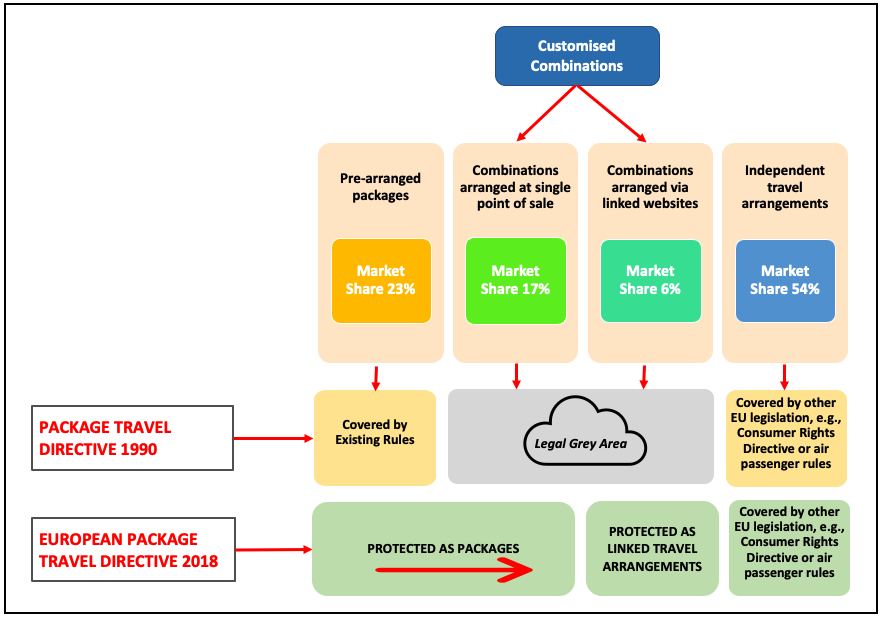A New Era of Tourist Regulations in Europe
This summer, a wave of new regulations has emerged across various European nations aimed at curbing disruptive behaviors from tourists. While these initiatives may seem harsh, they reflect a growing sentiment amidst local residents who are keen to protect their communities and maintain the allure of their destinations.
Imagine just landing in Antalya, Turkey, brimming with excitement to disembark. However, upon trying to leave your seat before the aircraft has completely stopped, you are confronted by a flight attendant who promptly issues you a fine of €62 (£54) for breaching a newly enacted rule. Such scenarios underscore the serious tone underlying this movement towards stricter tourist conduct.
The Driving Forces Behind the Changes
New measures targeting misbehaving tourists include fines for activities ranging from the benignly humorous to the more concerning. For instance, in Portugal, specifically in Albufeira, those caught wearing swimwear outside designated beach areas could face penalties as steep as €1,500 (£1,307). Over in Spain’s Balearic Islands, public consumption of alcohol can attract fines upwards of €3,000 (£2,615).
While it may appear counterproductive given tourism’s significance to these areas’ economies, local authorities emphasize that these rules are crucial for safeguarding both residents and responsible travelers alike. “These regulations aim to foster a culture of empathy and responsible travel,” remarked Jessica Harvey Taylor, Head of Press at the Spanish Tourism Office in London. “Ultimately, these measures are designed for the benefit of the majority of visitors who act considerately during their holiday.”
Local Reactions to Tourism Behavior
In response to rising concerns, the city of Malaga in Spain has introduced a 10-point initiative entitled “Improve Your Stay.” This campaign, disseminated through various media including public transport and social platforms, outlines expected behaviors such as dressing appropriately in public and avoiding excessive noise levels or littering.
Failure to adhere to these guidelines can result in fines up to €750 (£650). Similarly, Albufeira has launched its code of conduct prohibiting public nudity, urination, and the irresponsible abandonment of shopping trolleys. Local residents have noted a visible police presence in nightlife areas, enforcing these rules to discourage poor behavior.
Broadening the Scope of Regulations
Guidelines and associated penalties are not limited to a few countries; various European tourist destinations now impose fines for an array of infractions. Here’s a quick look:
| Infraction | Fine Amount | Location |
|---|---|---|
| Driving in flip flops or barefoot | Up to €300 (£261) | Spain, Italy, Greece, Portugal, France |
| Drinking alcohol in public areas | Up to €3,000 (£2,615) | Mallorca, Ibiza |
| Taking seashells from beaches | €1,000 (£871) | Greece |
| Swimming in canals | €350 (£305) | Venice |
Implications for Tourists and the Future
As local communities increasingly demand respect and consideration, it’s clear that travelers must adapt to the changing landscape of tourism regulations. Advocacy for responsible tourism is gaining traction, and many believe that implementing regulations is essential for preserving vacation spots without stifling the experience of holidaymakers.
While these fines might serve as quick deterrents, experts like Birgitta Spee-König caution that they may not instigate lasting behavioral change without a foundation of clearer communication and community involvement. She highlights that regions across Europe are redefining public space, advocating for a balance between tourism and local life.
The path ahead remains uncertain, but one thing is clear: as travel trends evolve, so too will societal expectations, fostering a more mindful holiday experience for everyone involved.


